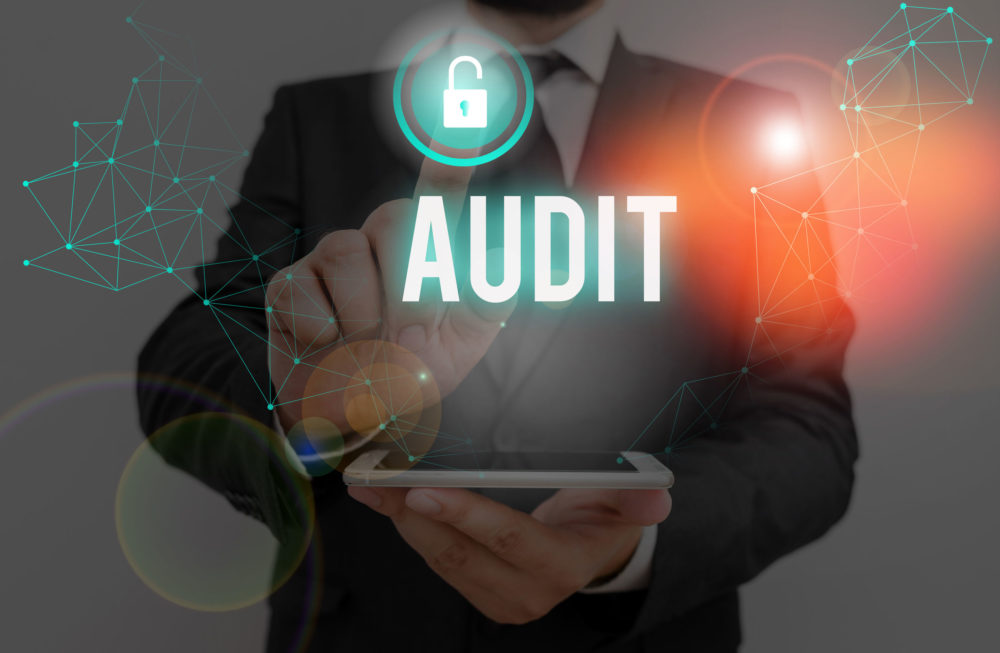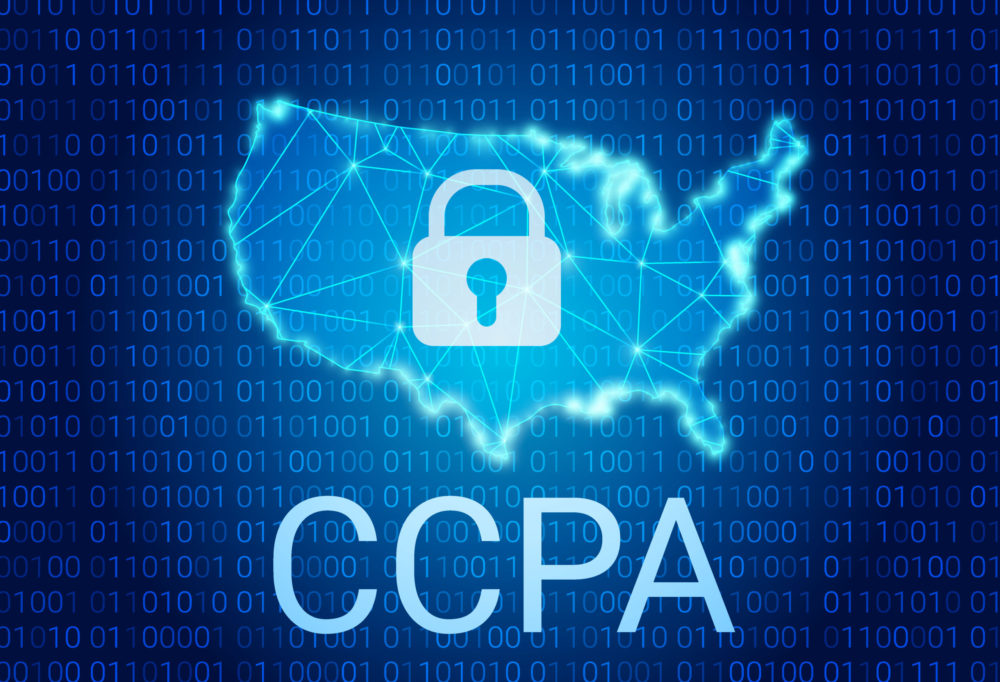In May 2019, the US Treasury Department’s Office of Foreign Assets Control (OFAC) published a framework for OFAC compliance. The core elements of the guidance are aimed at creating a tailored risk-based strategy to ensure sanctions compliance across an organization. It also outlines five components of a compliance program and it includes an appendix identifying the root causes of compliance breakdowns and deficiencies. To mitigate risks, it is imperative for companies to assess the adequacy of their OFAC compliance programs and to tailor them to target risks relevant to the business.
The Zero Trust Access Approach: Leveling Up Multi-cloud and Hybrid IT Access and Aligning to Your Cybersecurity Programs
TKG2021-03-22T23:46:24-04:00Today’s businesses are significantly maximizing the potentials of cloud-based workforce mobility tools for improved productivity and more advanced workforce management. However, the increase of users, devices, and applications accessing outside the enterprise perimeter has resulted in a rise of cyberattacks and data breaches.
AP Automation – Strategic Approaches to Maximize Value
TKG2022-12-29T03:13:12-05:00Manual processing of accounts payable (APs) is typically filled with time-consuming and tedious tasks, not to mention the risks of errors that can significantly impact production time, cost, and flow. To address these and other challenges within the AP workflow, companies have started to adopt automation technologies in recent years. With AP automation, organizations could optimize their AP performance through increased on-time payment rates, reduced cost-per-invoice, and early payment discounts.
FATCA and CRS Reporting: Recent Trends, Developments and Critical Issues
TKG2021-08-19T23:19:29-04:00Critical and emerging issues surrounding Common Reporting Standard (CRS) continue to affect global financial institutions. More and more businesses are becoming vulnerable to financial risks and disputes because of the stiffer compliance requirements as well as the complexities brought by the COVID-19.
e-Invoicing and Accounts Payable Automation: Maximizing Potentials
TKG2021-03-22T23:58:11-04:00Accounts payable (AP) automation has continuously created positive buzz across industries in recent years. Along with its upward trend is the growing prominence of electronic invoicing or e-invoicing, an effective and efficient way of extracting and validating vast volumes of invoices received daily from different sources and in varied formats. As simpler platforms, e-invoicing and AP automation help companies – big or small – to eliminate the burden of costly and laborious manual processing.
How to Effectively Conduct an Internal Investigation: Key Considerations During a Pandemic
TKG2021-03-22T23:21:47-04:00When conducting internal investigations, companies face a myriad of complex and sensitive issues, including confidentiality, attorney-client privilege, and conflicts of interest. Adding to these issues are the new and evolving challenges arising from the COVID-19 pandemic. With internal investigations being conducted remotely, evidence collections and witness interviews have become more difficult to arrange.
Smarter Audit, Better Compliance: A Road Map for Effective Risk Management
TKG2023-09-14T21:08:06-04:00A well-developed and properly executed internal audit provides businesses the opportunity to effectively measure their current progress, keep pace with the rapidly changing benchmarks, and maintain a competitive advantage in the market. However, the internal audit process can be both complex and challenging given today’s rapidly evolving business landscape.
The Rise of Cryptocurrency: What the Future Holds
TKG2021-07-26T04:18:21-04:00The rising popularity of cryptocurrency constantly brings profound transformations in payment transactions. Every day, more and more businesses turn to cryptocurrency because of its decentralized structure, efficient transaction flow, and low operation cost. However, as new regulatory frameworks arise, companies relying on cryptocurrency become prone to government crackdowns and are exposed to legal and financial hurdles.
Trends and Developments in the California Consumer Privacy Act (CCPA): What You Should Know and Do
TKG2021-04-08T03:59:38-04:00Several regulatory developments that further reshape the future of the California Consumer Privacy Act (CCPA) have taken place over the last few months. Last August, California's Office of Administrative Law (OAL) has approved the enforcement regulations under CCPA, whereas the state's legislature has passed AB 1281, a bill that extends the CCPA compliance deadline for business-to-business (B2B) and employee data. Furthermore, in November 2020, Californians voted to approve the California Privacy Rights Act (CPRA) which significantly expands and strengthens the CCPA through a new set of consumer privacy rights.
BSA/AML Compliance: Enforcement Trends and New Challenges
Joenel2022-09-01T02:47:24-04:00The current financial legislation developments along with the evolving regulatory landscape have forced financial institutions to be one step ahead of the unique challenges that have emerged. Moreover, significant disruptions in the financial system stemming from the Anti-Money Laundering Act (AMLA) of 2020 have led to stricter enforcements and other important reforms.
The Future of Cryptocurrency: Exploring Current and Anticipated Trends
John Patrick2022-12-27T21:17:28-05:00The growing popularity of cryptocurrency has greatly impacted today’s banking and financial transactions, stirring more questions over its regulation. Additional discussions also emerge when it comes to the government’s initiatives to secure consumer data and resolve financial risks without stifling digital innovation.
BSA/AML Emerging Trends: Best Compliance Practices for Your Firm
Joenel2022-12-27T21:33:26-05:00The damaging effects of money laundering continue to be a global threat today. Not only do they pose risks to economic stability and the overall financial system, but they also constitute significant threats to national security.
Trends and Developments in the TCPA: Compliance and Important Updates
jasper.alamares2022-12-27T21:33:09-05:00In this LIVE Webcast, a panel of thought leaders and professionals brought together by The Knowledge Group will provide and present an in-depth analysis of the fundamentals as well as recent developments in Trends and Developments in the TCPA: Compliance and Important Updates. Speakers will also present all important issues surrounding this significant topic. Join us for this Knowledge Group Webinar!
Anti-Money Laundering and the Foreign Corrupt Practices Act (FCPA): Recent Enforcement Trends and Developments
jordan2021-12-23T13:25:03-05:00Financial organizations generally use the Foreign Corrupt Practices Act (FCPA) and the anti-money laundering (AML) policy to address litigation matters involving corruption and bribery issues. Thus, strengthening these litigation tools is vital to combat relevant threats within the financial system. In line with this, the Biden administration recently issued the "Memorandum on Establishing the Fight Against Corruption as a Core United States National Security Interest," requiring interagency cooperation to develop strategies to address global corruption, money laundering, and illicit financing. This means that a heightened enforcement regulation and stricter compliance requirements are to be expected in the coming days.
Rethinking Your Supply Chain Strategies: What You Need to Know and What Lies Ahead
John Patrick2021-10-06T23:34:58-04:00Uncertainties in today’s business landscape are presenting a host of risk issues to supply chains around the world. The COVID-19 pandemic, which resulted in paralyzed business operations and significant revenue losses, is one proof of how vulnerable and fragile supply chains are to disruptions. This magnifies the need for companies to reassess their service supply chain and ensure that it is prepared for any interruption.















